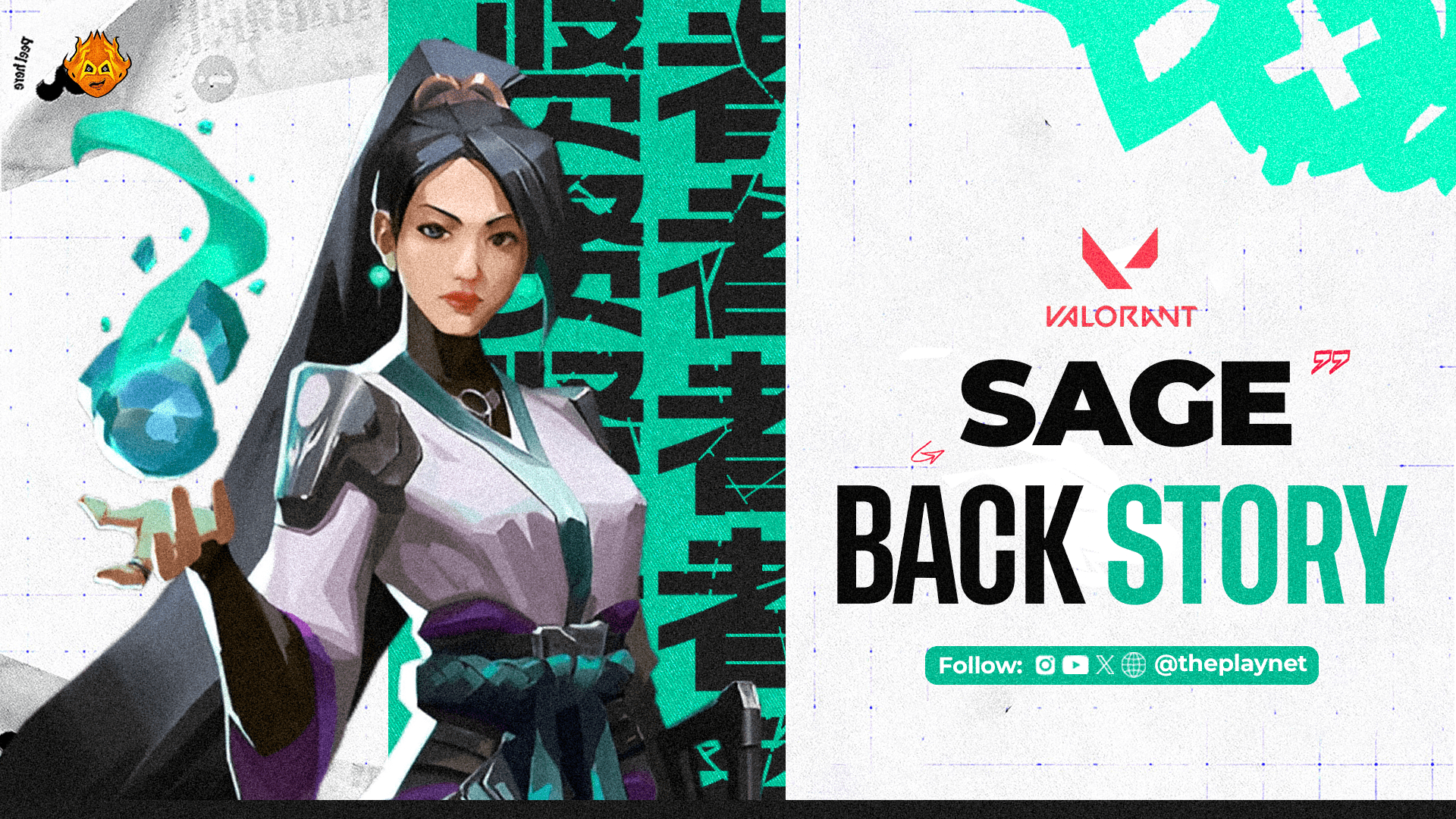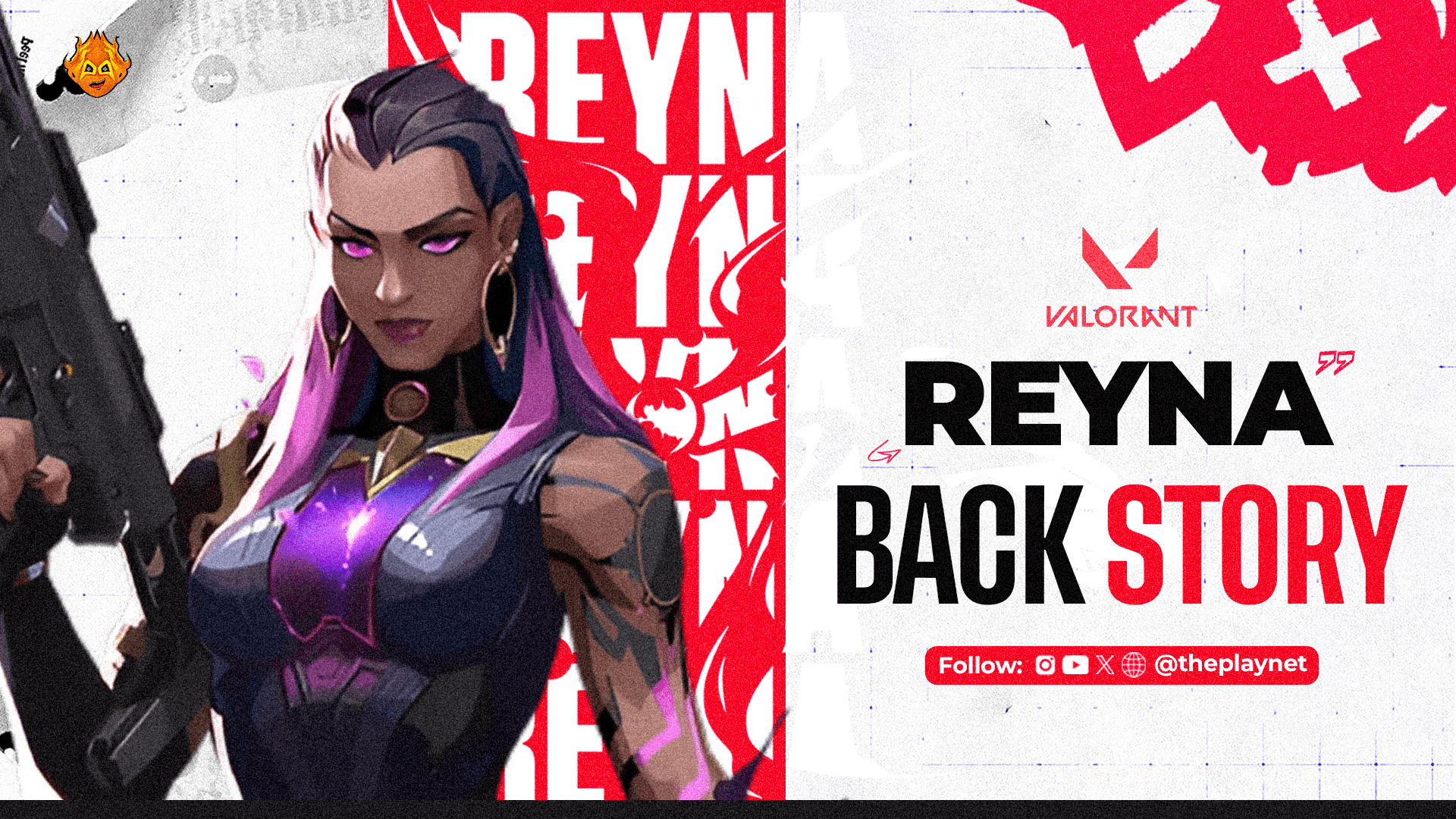
WhatsApp, one of the world's most popular messaging apps, is gearing up for a significant change that could reshape the way we communicate online. In response to the European Union's Digital Markets Act (DMA), WhatsApp is exploring the possibility of allowing integration with other messaging apps. This move is driven by the DMA's requirement for tech giants to ensure chat interoperability with third parties. In this article, we'll delve into WhatsApp's upcoming feature, its implications, and the potential impact on the messaging landscape.
WhatsApp's latest beta version introduces a tantalizing feature known as "Third-party chats." While currently a blank slate, this screen hints at the app's readiness to establish connections with other messaging platforms. This development is a direct response to the EU's DMA, which sets out stringent regulations for tech giants operating within the European market.
The DMA, unveiled by the European Union in July, cast a spotlight on seven tech industry behemoths, including Alphabet, Amazon, Apple, ByteDance (the parent company of TikTok), Meta, Microsoft, and Samsung. These corporate giants, often referred to as "gatekeepers," are required to adhere to the EU's new digital market rules. A core tenet of this regulation is the prohibition of preferential treatment for their services, mandating interoperability with third-party entities.
WhatsApp's inclusion in the DMA's regulatory purview is significant. As of March 2024, Meta, WhatsApp's parent company, must enable WhatsApp to work seamlessly with other third-party messaging apps like Signal and Telegram. This means users of these platforms will be able to reach out to WhatsApp users, even if they don't possess a WhatsApp account. Importantly, WhatsApp users will retain the option to opt out of this feature. While the specifics of cross-messaging features remain undisclosed, assurances have been made regarding the preservation of end-to-end encryption.
Interestingly, Apple's iMessage, a widely-used messaging platform, is not among the 22 key services initially specified under the DMA. Consequently, Google's ambition to integrate Apple support for RCS messaging may face delays. However, the DMA's impact will extend to the App Store. Apple is reportedly poised to allow third-party app stores and sideloading in iOS 17. Companies like Microsoft and Epic Games are already preparing their own stores for iOS mobile apps. Apple's upcoming event is expected to shed more light on these developments.
WhatsApp's experimentation with third-party integration marks a pivotal moment in the realm of messaging apps. As it prepares to comply with the DMA's requirements, it opens the door to a future where users of different messaging platforms can seamlessly communicate. This shift towards interoperability is a significant step in the ever-evolving landscape of digital communication. While WhatsApp leads the way, the tech industry as a whole is undergoing transformative changes, driven by regulatory forces like the DMA. Stay tuned as we witness these changes redefine the way we connect and communicate in the digital age.
Also Read: TSM Crowned Champions of Apex Legends Global Series Championship 2023

3 months ago

3 months ago

3 months ago

3 months ago

3 months ago